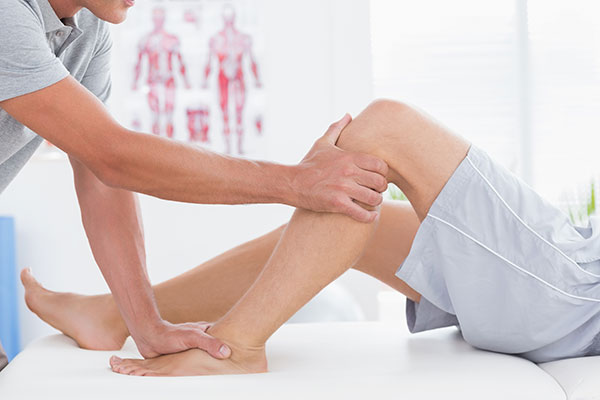Physical rehabilitation plays a crucial role in helping individuals recover from various injuries, surgeries, or medical conditions. It encompasses a range of interventions designed to restore or enhance physical function, alleviate pain, and improve overall quality of life. With its multidimensional approach, physical rehabilitation addresses not only the physical aspects of recovery but also psychological and emotional well-being. By promoting healing, restoring mobility, and empowering individuals, physiotherapist central lays the foundation for a stronger and more independent future.
Restoring Physical Function
Physical rehabilitation aims to restore physical function by addressing impairments caused by injuries, surgeries, or medical conditions. Through targeted exercises, manual therapies, and other techniques, rehabilitation helps improve muscle strength, flexibility, balance, and coordination. It also focuses on regaining mobility, whether it’s relearning how to walk after a stroke or gaining strength and range of motion following orthopedic surgery. By systematically working on specific areas of the body, it helps individuals regain independence in performing daily activities and enhances their overall functional capacity.

Pain Management
Pain is a common challenge faced by individuals during the recovery process. Physical rehabilitation incorporates various strategies to manage and reduce pain effectively. Therapists employ techniques such as heat or cold therapy, electrical stimulation, ultrasound, and manual therapy to alleviate pain and improve comfort. Additionally, they educate patients on pain management strategies, including relaxation techniques, body mechanics, and adaptive equipment usage. By addressing pain comprehensively, it not only enhances the recovery process but also improves individuals’ overall well-being and quality of life.
Psychological and Emotional Well-being
Physical rehabilitation recognizes the integral connection between the mind and body. It acknowledges the emotional and psychological impact that injuries or medical conditions can have on individuals. Rehabilitation professionals provide support, encouragement, and motivation to help individuals cope with the challenges they face. By offering a safe and supportive environment, physical rehabilitation promotes emotional well-being, reduces anxiety, and fosters a positive mindset. Additionally, engaging in physical activities and achieving rehabilitation goals can boost self-confidence, enhance self-esteem, and improve overall mental health.
Individualized Approach
Physical rehabilitation recognizes that every individual’s recovery journey is unique. Therapists assess each person’s specific needs, goals, and limitations to develop a tailored rehabilitation plan. This individualized approach ensures that the rehabilitation program addresses specific impairments, challenges, and personal aspirations. By customizing treatment plans, it maximizes the effectiveness of interventions, promotes faster recovery, and empowers individuals to actively participate in their healing process.
Long-term Benefits and Independence
Physical rehabilitation goes beyond short-term recovery; it focuses on building a foundation for a stronger and more independent future. By restoring physical function, managing pain, and promoting overall well-being, rehabilitation helps individuals regain independence in their daily lives. Whether it’s returning to work, participating in recreational activities, or engaging in social interactions, physiotherapist central plays a pivotal role in enabling individuals to lead fulfilling lives. Additionally, by educating individuals on injury prevention, proper body mechanics, and healthy lifestyle choices, rehab equips them with the knowledge and tools to maintain their progress and prevent future setbacks.

